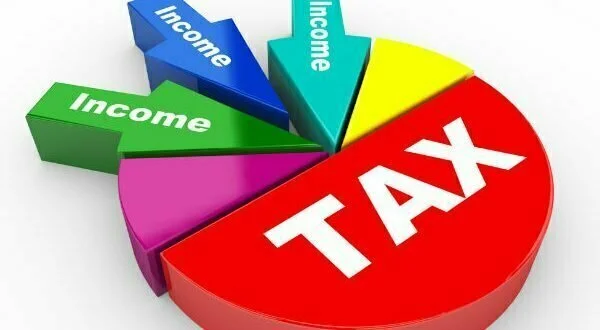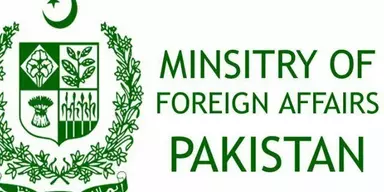The Federal Government employees along with Defense Employees in the recent Budget 2018-19 have got a lot of benefits in which one of the most prominent was relief in tax on salary.
Government Employees often complain about the taxes on their salaries, but now this problem has been resolved for many government employees getting per month salary Rs. 100,000 or less or aggregate Rs. 1,200,000 per year. Now, these will be exempt from tax. That will also give these employees advantage of getting an additional payment that otherwise was being deducted as income tax from salary.
Here is the fresh Income Tax Rates Chart on Salary as proposed in the Budget 2018-19:
Income Tax Slabs 2018-19 Salaried Persons Finance Bill 2018
| 1 | Up to Rs1,200,000 | 0% tax |
| 2 | Rs 1,200,000 to Rs2,400,000 | 5% tax |
| 3 | Rs 2,400,001 to Rs4,800,000 | 10% tax |
| 4 | Rs 4,800,001 and above | 15% tax |
All of the above tax rates will effective from 1st July 2018, and the employees will get the real benefits in August against their salary of July 2018. This year is going to be best for government employees.
Tax System in Pakistan
Taxes are the main source of revenues for the government of modern ages. The government imposes taxes to collect revenue to run the government, to impose its policies, for fair distribution of wealth, and to administer the government is the best way.
Like other countries of the world, Pakistan has also a proper taxation system that is being regulated in the country according to Income Tax Ordinance, 2001, Sales Tax Act, 1990, Federal Excise Act, 2005, Custom Act, 1969, Capital Value Tax levied through Finance Act, 1989 and few others that are mostly in shape of amendments. Federal Government is the only body which is empowered to levy and collect the tax. After that, the constitution gives the power to the provincial government to legislate on taxes.
According to the Constitution of Pakistan, the Federal Government in Pakistan can impose the following taxes in the country.
- Duties of customs, including export duties.
- Duties of excise, including salt, but not including alcoholic liquors, opium or other narcotics;
- Taxes on income other than agricultural income;
- Taxes on corporations.
- Taxes on the sales and purchases of goods imported, exported, produced, manufactured or consumed, except sales tax on services.
- Taxes on the capital value of the assets, not including taxes on the immovable
- Taxes on mineral oil, natural gas, and minerals for use in generation of nuclear energy.
- Taxes and duties on the production capacity of any plant, machinery, undertaking, establishment or installation in lieu of any one or more of them.
- Terminal taxes on goods or passengers carried by railway, sea or air; taxes on their fares and freights.
In addition to taxes mentioned above that are imposed by the Federation according to the Constitution of Pakistan, the following are the taxes that are levied by the provinces.
- Agriculture income tax
- Sales tax on services
- Taxes on the transfer of immovable property
- Professional tax
- Tax on luxury houses
- Tax on registration of luxury vehicles etc.
- Property tax















